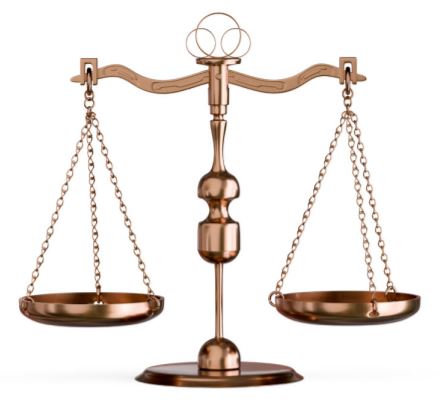Residuary estate is a term used in probate law to refer to the part of a deceased’s estate that remains after all specific gifts and bequests have been made and all claims satisfied. A will often contains a residuary clause that gives a residuary legatee the right to all property of the deceased not otherwise disposed of. It may include bequests that are void or have lapsed.
If a residuary estate, or a portion of it, is bequested to charity, and by the local law the Federal estate tax is payable out of the residuary estate, the deduction may not exceed that portion of the residuary estate bequeathed to charity as reduced by the Federal estate tax.
The following is an example of a residuary clause in a will:
“I will, devise, bequeath and give all the rest and remainder of my property and estate of every kind and character, including, but not limited to, real and personal property in which I may have an interest at the date of my death and which is not otherwise effectively disposed of, to …”

